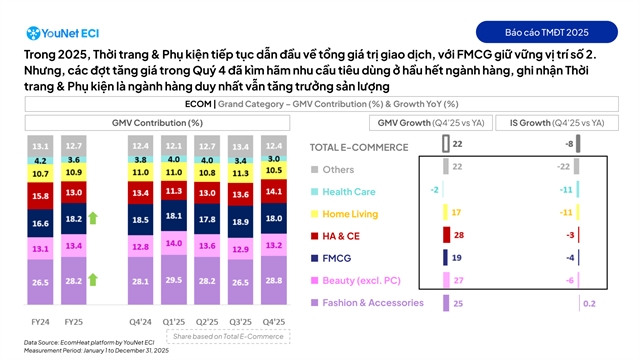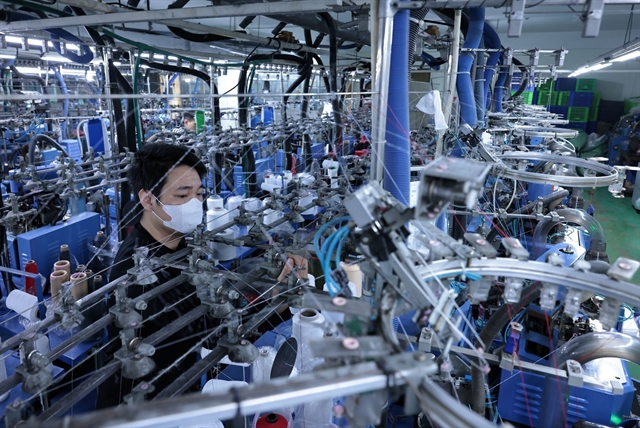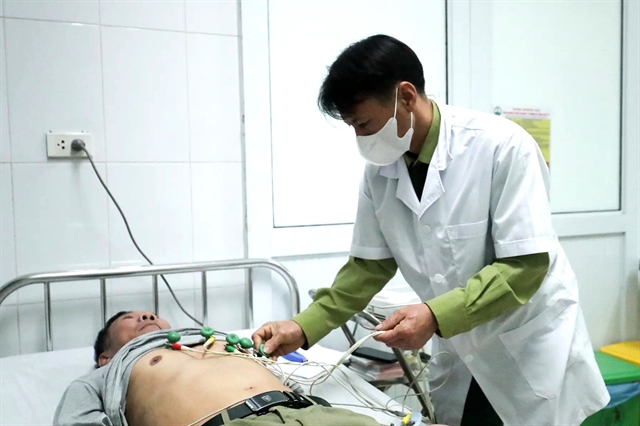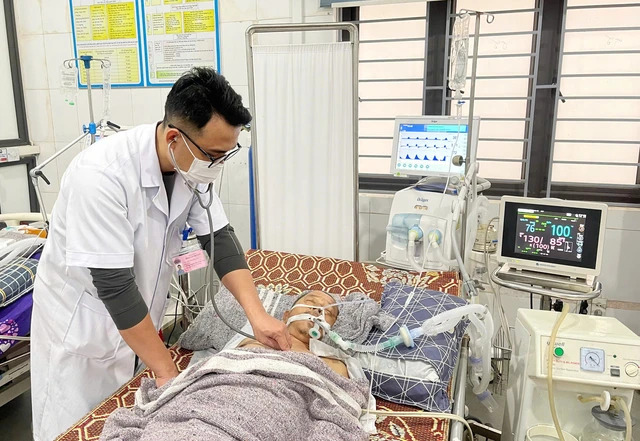 Society
Society

Deputy Prime Minister Vương Đình Huệ yesterday asked ministries and agencies to identify shortcomings and develop new models and motivations to boost the growth of co-operatives in Việt Nam.
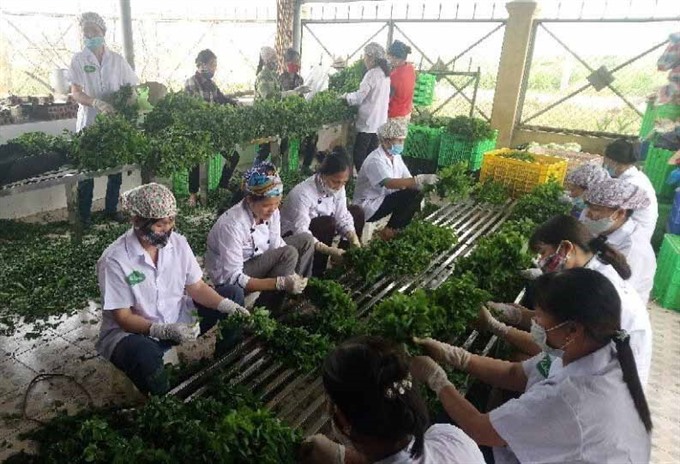 |
| Members of Visa Safe Vegetable Co-operative in Đại Từ Commune, Yên Lạc Districtin the northern province of Vĩnh Phúc process and pack vegetable. — VNA/VNS Photo Nguyễn Thảo |
HÀ NỘI —Deputy Prime Minister Vương Đình Huệ yesterday asked ministries and agencies to identify shortcomings and develop new models and motivations to boost the growth of co-operatives in Việt Nam.
Huệ, who is also head of the Steering Committee for Innovation and Collective Economy Development, said that next year, Việt Nam would review the implementation of a resolution of the fifth plenum of the Party Committee which was issued 15 years ago aiming to further innovate and increase effectiveness of the collective economy.
He said that central government representatives would visit localities to review the performance of co-operatives.
In localities where co-operatives are still absent, more communication activities would be carried out to increase public understanding about the role of collective economy, Huệ said.
“As Việt Nam is speeding up its economic restructuring, it’s a challenge for the country to have 15,000 co-operatives in agriculture by 2020,” Huệ said.
At the 3rd National Farmers Forum held in Hà Nội last month, Huệ highlighted the leading role of co-operatives in connecting farmers with businesses, working towards promoting strong and effective agricultural production and consumption.
Setting up co-operatives was said to be a mandatory task with farmers as the main subject to enlarge the scale of agricultural production, promote the role of the household economy and strengthen co-operative links between farmers and scientists.
According to the Việt Nam Co-operatives Alliance, there are more than 21,000 co-operatives with the involvement of nearly 10 million families and nearly 30 million people around the country. The collective economy and co-operatives contribute 5.6 per cent to gross domestic production (GDP).
Statistics from the Agriculture and Rural Development Ministry (MARD) show that by the end of June, 2018, the country had 39 co-operative unions and more than 12,500 co-operatives operating in the agricultural sector, an increase of 908 co-operatives from last year.
About 4,400 agricultural co-operatives are reportedly operating effectively but 1,500 of these still need to apply high technology. — VNS

